What is Copper Wiring?
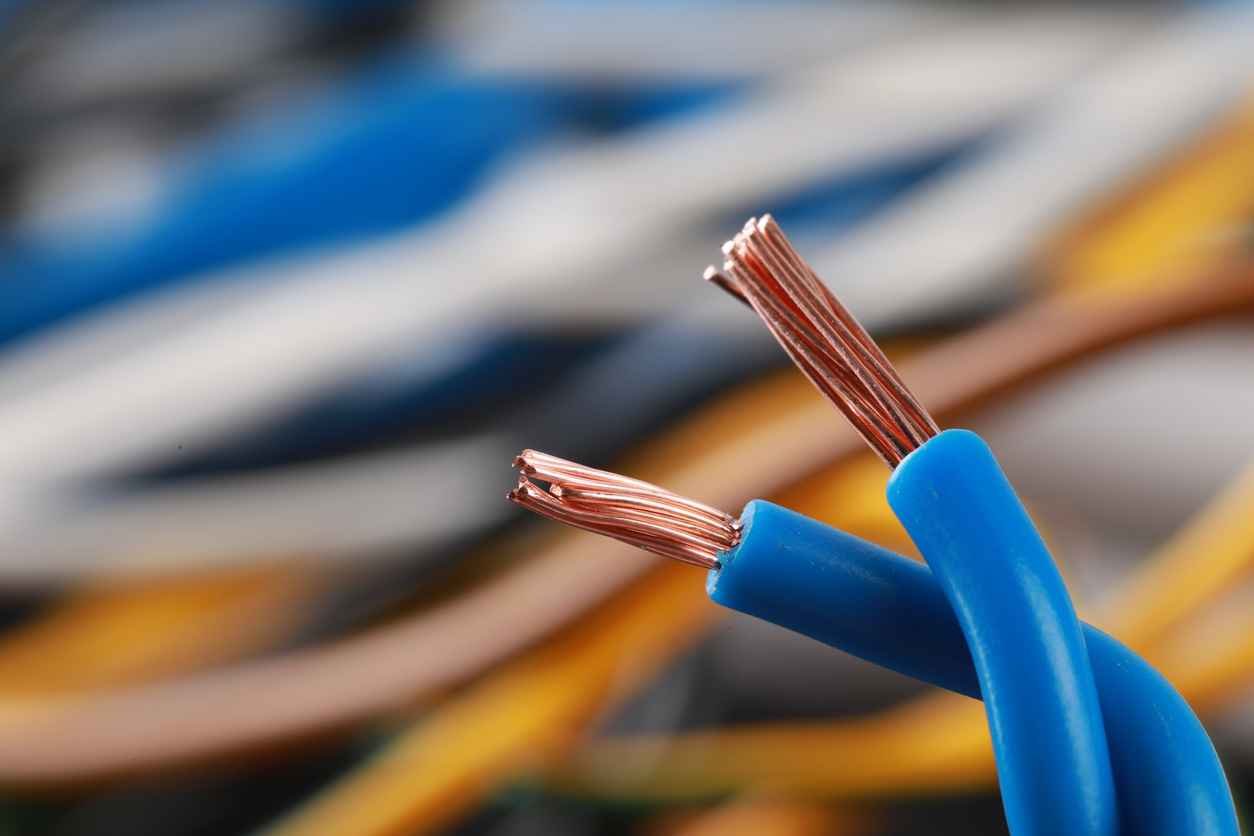
Copper wiring is one of the most common and reliable materials used in electrical systems today. Known for its excellent conductivity and durability, copper has been the preferred choice for wiring in both residential and commercial buildings for decades. Whether you’re powering appliances, lighting, or entire electrical systems, copper wiring ensures efficient and safe transmission of electricity. In this blog, we’ll explore the benefits of copper wiring, its uses, and why it remains the top choice for electrical systems.
Why is Copper Used for Electrical Wiring?
Copper wiring is favored over other materials like aluminum for several reasons, the most notable being its superior conductivity. Copper conducts electricity more efficiently than most metals, meaning that less energy is lost in transmission. This results in lower energy costs and more reliable performance.
Additionally, copper is highly durable. It can withstand higher levels of stress, including heat and corrosion, without breaking down. This makes copper wiring a safer option, reducing the risk of electrical fires and other hazards.
Here are some of the key reasons copper wiring is so widely used:
- Excellent Conductivity: Copper wiring is highly efficient at conducting electricity. This reduces the amount of energy lost and increases the performance of electrical systems.
- Durability: Copper wiring is strong and resistant to wear and tear. It doesn’t degrade as quickly as other materials, making it a long-lasting option for electrical systems.
- Corrosion Resistance: Copper naturally resists corrosion, which is especially important in areas with high moisture or where wiring is exposed to the elements. This adds to the lifespan of the wiring and reduces the need for maintenance.
- Safety: Due to its ability to handle higher electrical loads without overheating, copper wiring significantly reduces the risk of electrical fires. It’s also less prone to expansion and contraction from temperature changes, further increasing its reliability.
Uses of Copper Wiring
Copper wiring is used in various applications across homes and businesses. Whether it’s powering small appliances or entire electrical grids, copper wiring plays an integral role in maintaining safe and efficient electrical systems. Some common uses include:
- Residential Wiring: Most homes rely on copper wiring to power outlets, lighting, and appliances. It’s especially common in older homes where wiring upgrades have been made for safety and efficiency reasons.
- Commercial and Industrial Wiring: Larger-scale buildings, including commercial and industrial facilities, also use copper wiring to support high-demand electrical systems. Its reliability and durability make it an ideal choice for environments where heavy machinery and continuous operation are common.
- Telecommunications: Copper is not just for electrical systems; it’s also widely used in telecommunications wiring for phone lines and data transmission. Copper wiring’s excellent conductivity ensures fast, reliable connections.
Advantages Over Other Types of Wiring
While copper wiring is the most commonly used material for electrical systems, other materials, such as aluminum, have also been employed. However, copper wiring has distinct advantages over its counterparts:
- Aluminum Wiring: Aluminum wiring is lighter and less expensive than copper but has several drawbacks. Aluminum expands and contracts more than copper when exposed to heat, increasing the risk of loose connections, overheating, and electrical fires. Aluminum is also less durable and more prone to damage over time.
- Silver Wiring: Silver is an excellent conductor of electricity, even better than copper. However, its high cost makes it impractical for most residential and commercial applications. Copper wiring strikes the right balance between performance and affordability, which is why it’s more commonly used.
Maintenance and Safety with Copper Wiring
While copper wiring is known for its durability, regular maintenance is still essential to ensure your electrical system is functioning safely and efficiently. Here are a few tips for maintaining copper wiring:
- Check for Loose Connections: Over time, connections can become loose, leading to increased resistance and potential overheating. Regularly inspect wiring connections to ensure everything is securely in place.
- Look for Corrosion: Although copper wiring is resistant to corrosion, the connectors and terminals may not be. Keep an eye out for signs of corrosion at connection points and replace any damaged components.
- Schedule Regular Inspections: Having a professional electrician, like the experts at Chesapeake Electric, inspect your wiring can help identify potential issues before they become major problems.
Choose Copper Wiring for Your Maryland Home
For all your copper wiring needs, contact Chesapeake Electric. Our experienced electricians can help with installations, repairs, and maintenance, ensuring your electrical systems are safe and efficient.
Recent Posts

January 23, 2026
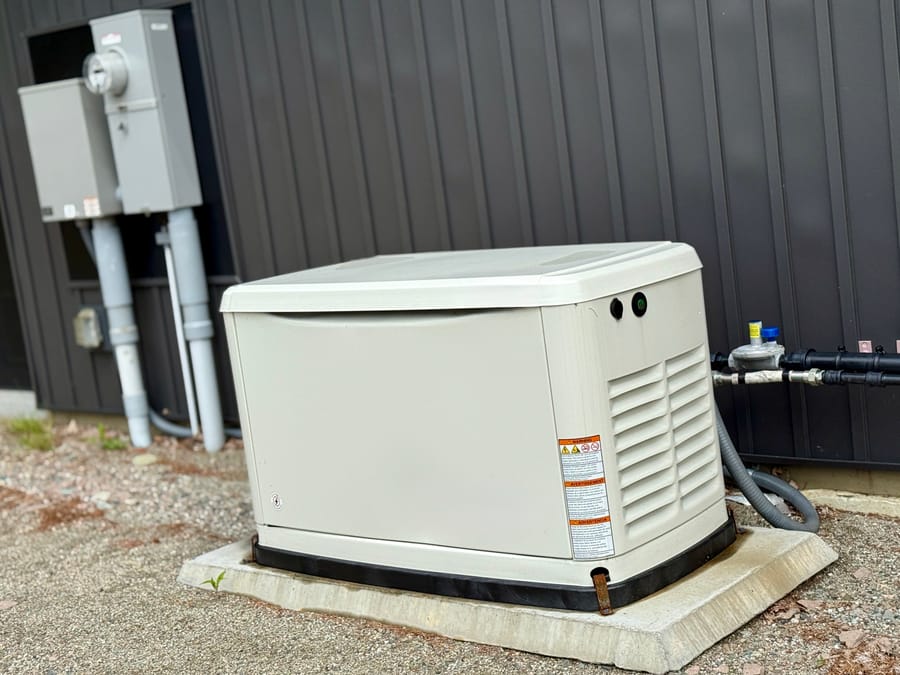
January 22, 2026
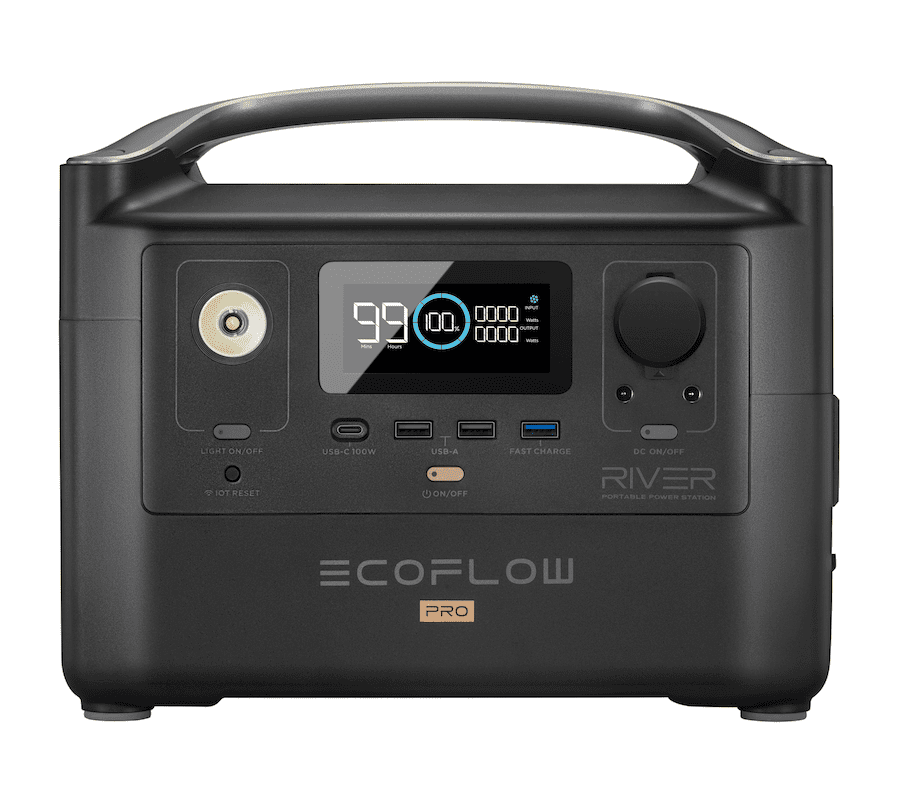
January 21, 2026
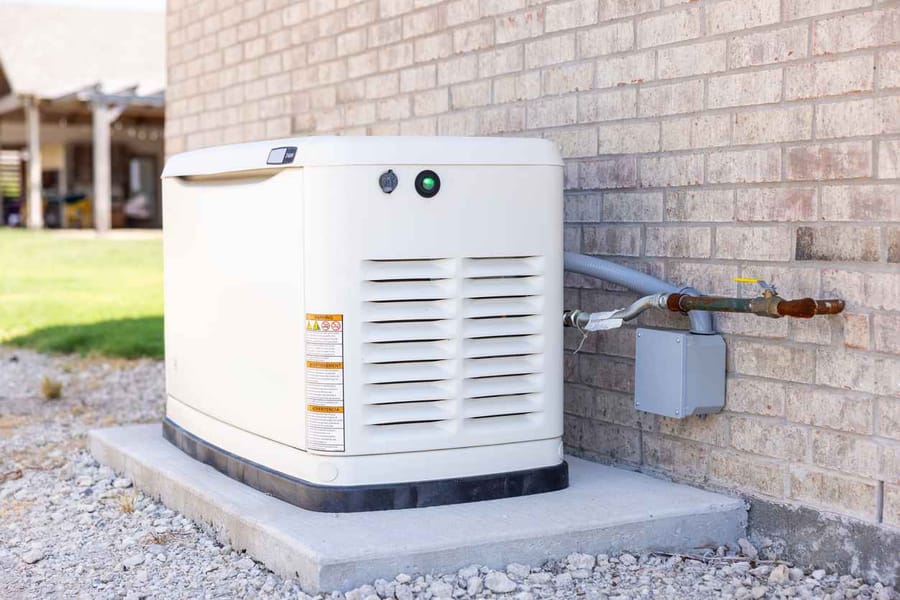
December 19, 2025

December 19, 2025
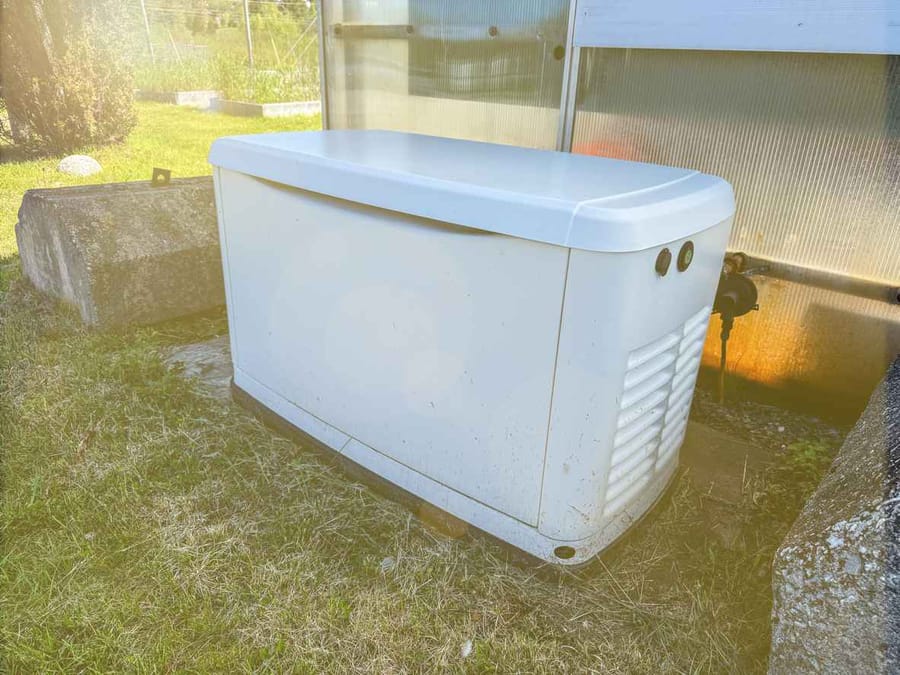
December 19, 2025
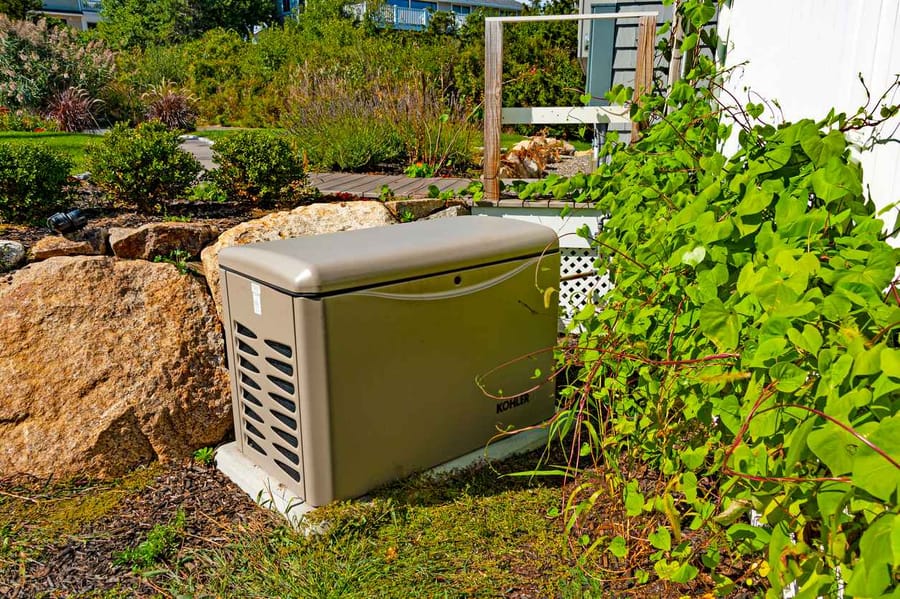
November 21, 2025